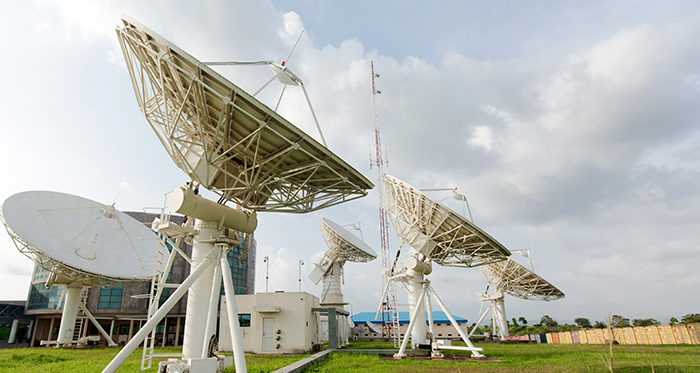
The Nigeria Communication Satellite Limited (NigComSat) has partnered with Hotspot Network Limited to bring internet access to rural areas across Nigeria. This partnership aims to extend connectivity solutions to places in the country that lack Internet access.
Jane Egerton-Idehen, CEO of NigComSat, shared the news. She explained that NigComSat will provide satellite coverage for Hotspot Network sites as the company begins its expansion plans. Internet access in many parts of Nigeria, especially rural areas, is still very low. This partnership will provide reliable and affordable Internet services in these underserved communities.
A 2023 report by the Nigerian Communications Commission (NCC) showed that only about 40% of the country’s population has access to broadband Internet. The current administration aims to increase Nigeria’s broadband penetration rate to 70% by the end of 2025. They plan to provide coverage for at least 80% of the population, especially in underserved and unserved areas, by the end of 2027.
Egerton-Idehen said the collaboration with Hotspot Network Limited will support this goal by providing satellite coverage for their rural network expansion. This will help reduce the number of unconnected Nigerians from 61% to less than 20% by 2027.
Morenikeji Aniye, CEO of Hotspot, expressed enthusiasm over the new collaboration. She stated that connecting the millions of unconnected people is a key objective for Hotspot. By combining their expertise and resources, they aim to deploy solutions that bring reliable and affordable Internet access to rural communities, helping them participate in the digital economy and access essential services.
NigComSat and Hotspot plan to start their joint initiative immediately, with the first phase of the project set to roll out in some rural areas within the next six months. Egerton-Idehen also mentioned that the Federal Government plans to implement several other programs to boost connectivity across the country, including Project 774. This initiative is coordinated by the Federal Ministry of Communications, Innovation, and Digital Economy, along with the National Information Technology Development Agency (NITDA) and other agencies.
